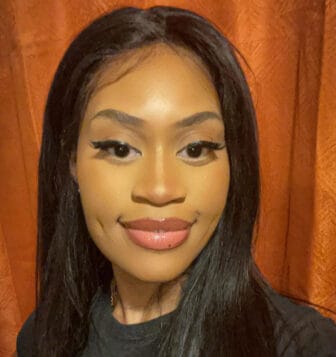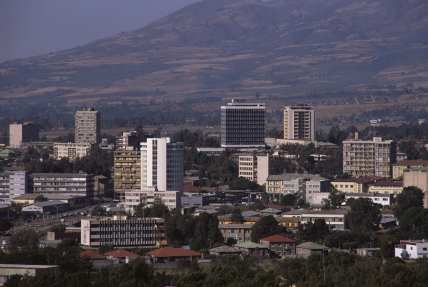Explore reggae music’s place in Black history with Noel Cymone Walker
February is widely acknowledged as Black History Month, but did you know it is also Reggae Month?
Every year since 1926, Black History Month has been honored in February — but did you know that since 2008, February has also been officially designated Reggae Month in Jamaica? The history and evolution of interrelatedness between the musical genre and commemorative month have yet to be formally taught to the Black diaspora, likely because of a lack of knowledge about reggae’s history. This Black History Month, writer and host Noel Cymone Walker steps in to divulge the truth of just how deeply reggae directly relates to Black history in a new special for theGrio.
Taking place in Kingston, Jamaica, the reggae music capital of the world, this special explores reggae’s stomping grounds, the site of significant events that contribute to Black history at large. Reggae is known as the only revolutionary Black protest music with unity, peace, and love at its core, but its connection to Black historical events goes a bit deeper than most know. Reggae is a result of not only the Rastafari movement — a religious, political, and social movement — but is also a direct outgrowth of Garveyism — the body of thought and organizational activities associated with Marcus Mosiah Garvey.
Marcus Garvey is the first Jamaican national hero and foremost Black radical figure of the 20th century. Garvey is credited with organizing the first successful Black American nationalist movement, known as the Universal Negro Improvement Association, or UNIA. The UNIA accumulated an astonishing number of over two million members with several chapters in various parts of the world, making it the largest nationalist movement to promote racial pride, entrepreneurialism, and Pan-Africanism.
In this special, Noel explores Jamaica’s National Heroes Park, where Marcus Garvey’s monument resides at his burial site, accompanied by Senior Lecturer at Kingston’s Edna Manley College of Visual and Perfoming Arts and co-founder of Third World, musician, and educator Michael “Ibo” Cooper. She also visits downtown Kingston, where legends like Bob Marley, Peter Tosh, and Jimmy Cliff all recorded major reggae hits promoting equality, peace, and love for oppressed groups, alongside the legendary queen of reggae, Marcia Griffiths. Noel also explores Dub Club, the most popular roots reggae and dub music club in all of the world, with its owner, Gabre Selassie, and speaks with reggae artist Protoje about the future of modern-day reggae.
“I’ve always been a champion of cultural anthropology, truly submerging myself in the cultural environments and homelands to better understand how we differ and how we are the same,” says Noel in the special. “Reggae and dancehall are a part of me, Black American culture, African American culture, Caribbean culture, and the entire Black diaspora … Everything is always connected, and so are we.”
Check out the special above, and on The Grio TV, The Grio Streaming app, or theGrio’s YouTube channel.

Noel Cymone Walker is an NYC-based writer specializing in beauty, fashion, music, travel, and cultural anthropology. She has written and produced visuals for several notable publications such as The Recording Academy/The Grammys, The Fader, Billboard, OkayPlayer, Marie Claire, Glamour, Allure, Essence, Ebony, and more.
TheGrio is FREE on your TV via Apple TV, Amazon Fire, Roku, and Android TV. TheGrio’s Black Podcast Network is free too. Download theGrio mobile apps today! Listen to ‘Writing Black‘ with Maiysha Kai.
More About:Black History Month










